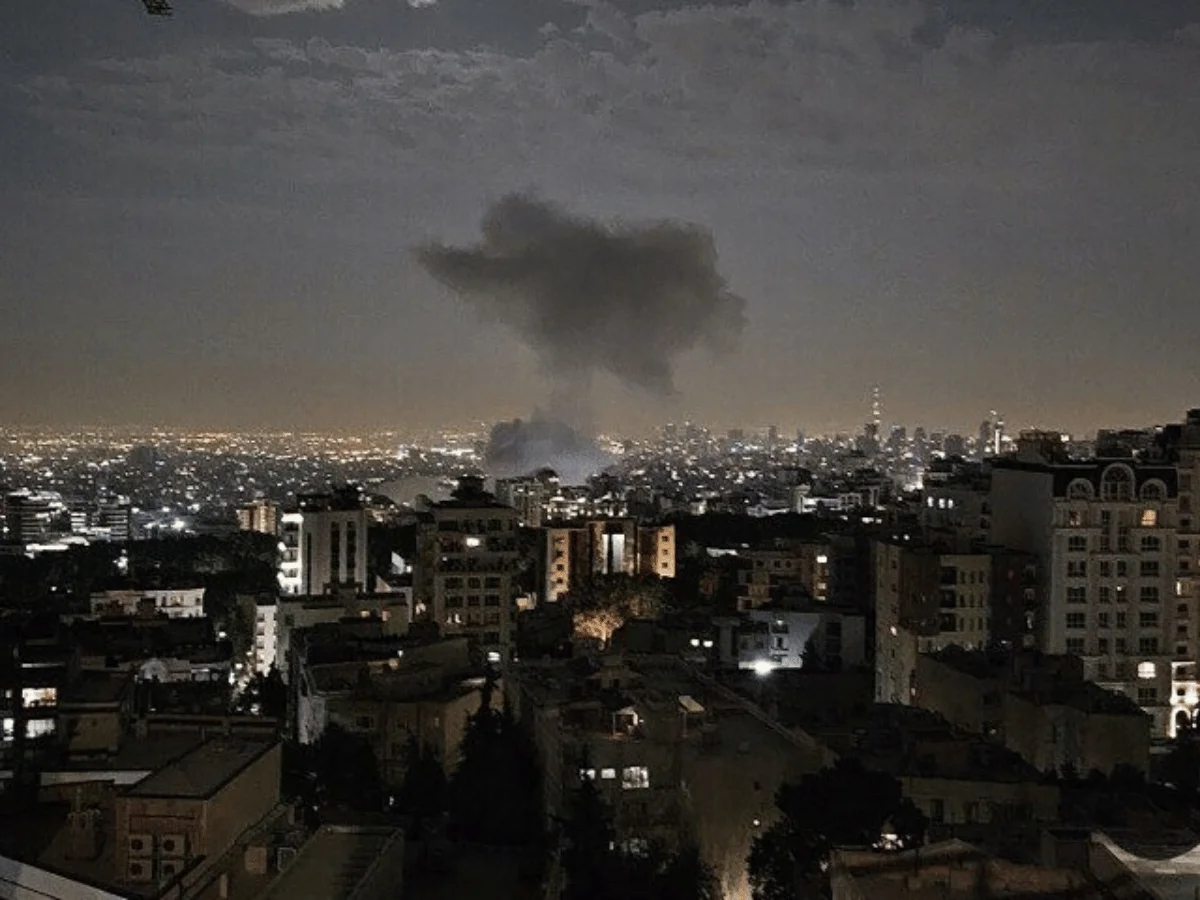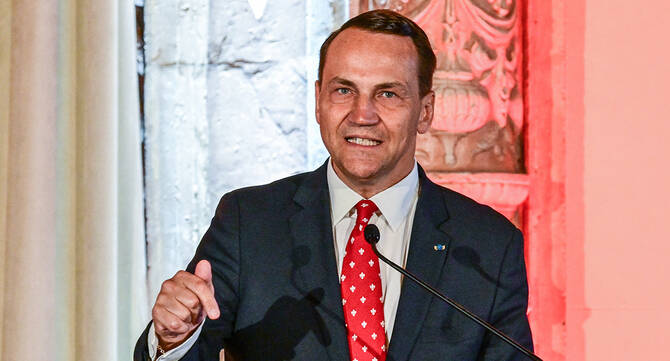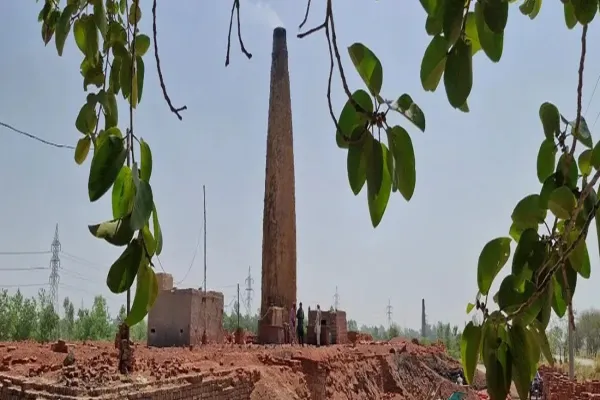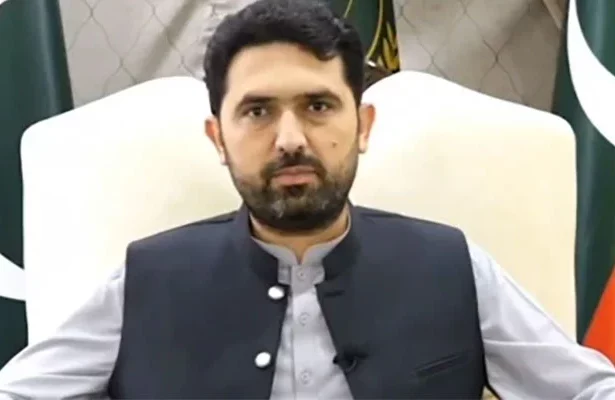On Friday, Israel targeted Iran’s nuclear facilities and ballistic missile factories and killed key Iranian nuclear commanders, confirmed by Iran. Widespread strikes begin amid nuclear tensions: On Friday, Israel launched large-scale strikes against Iran. According to Israeli officials, the step was taken to halt Iran from acquiring a nuclear weapon. Explosions were reported at critical …
Israel Launches Strikes On Iran Amid Rising Regional Tensions

On Friday, Israel targeted Iran’s nuclear facilities and ballistic missile factories and killed key Iranian nuclear commanders, confirmed by Iran.
Widespread strikes begin amid nuclear tensions:
On Friday, Israel launched large-scale strikes against Iran. According to Israeli officials, the step was taken to halt Iran from acquiring a nuclear weapon. Explosions were reported at critical Iranian sites, including the Natanz uranium enrichment facility.
Iran confirmed the death of the top commander of its elite Revolutionary Guards, Hossein Salami. Moreover, Iran also confirmed the casualties of several civilians, including two nuclear scientists.
Also Read: Oil Surges Over 10% After Israel’s Attack On Iran, Raising Investor Concerns
Netanyahu stated, “We are at a decisive moment in Israel’s history. This operation will continue for as many days as it takes to remove this threat.”
Drones and Missiles fly:
In response to an Israeli attack, Iran launched approximately 100 drones toward Israeli territory. An Israeli military spokesperson stated, “We are working to intercept them.”
The Israeli military reported heavy bombardment and stated that tens of thousands of its soldiers had been placed on high alert. The Israeli Chief of Staff said, “We are amidst a historic campaign unlike any other.”
High-profile casualties and facility damage:
Iranian media confirmed that at least two nuclear scientists, Fereydoun Abbasi and Mohammad Mehdi Tehranchi, were killed in the Israeli strikes. Israel’s Mossad also reportedly carried out covert sabotage operations to damage Iran’s strategic missile infrastructure. Iran’s Supreme Leader Ayatollah Ali Khamenei accused Israel of committing a “wicked and bloody” crime. He vowed that it would face a “bitter fate for itself.”
Nuclear site impact and IAEA report:
The UN’s International Atomic Energy Agency (IAEA) confirmed that Natanz was among the targets but reported no rise in radiation levels. Iran also confirmed that its only operational nuclear power plant in Bushehr remained unharmed. The agency stated, “Iranian authorities have informed the IAEA… no increase in radiation levels has been observed at the Natanz site.”
Airspace closures and evacuations:
Tel Aviv’s Ben Gurion Airport was shut down before Iran’s retaliatory move. In addition, Jordan and Iraq closed their airspace. Jordanian civil aviation authority stated, “The kingdom’s airspace is temporarily closed as a precaution against any risks resulting from the regional escalation.” Iraq also suspended all flights and closed its airspace.
Global Response:
The US has totally backed out of itself in the recent Israeli attack on Iran. US Secretary of State Marco Rubio stated, “We are not involved in strikes against Iran, and our top priority is protecting American forces in the region.”
As per some sources, the US is involved with Israel in targeting Iran. US President Donald Trump commented, “Iran cannot have a nuclear bomb. We will see.” Trump also convened the National Security Council to assess further developments.
Pakistan condemned the Israeli strikes as “unjustified and illegitimate aggression.” Jordan reaffirmed its neutrality. It stated that “Jordan has not and will not allow any violation of its airspace.”
UN urges restraint:
UN Secretary-General Antonio Guterres expressed alarm over the escalating violence. The Deputy UN spokesperson said, “The Secretary-General asks both sides to show maximum restraint, avoiding at all costs a descent into deeper conflict.”
Diplomatic channels and upcoming nuclear talks:
Despite the alarming threats in the region, the US and Iran are expected to hold a sixth round of nuclear talks in Oman. A US official confirmed that the talks are still scheduled.
However, Israel claimed that its intelligence showed Iran nearing a critical point in its nuclear program. The Israeli military claimed, “In recent months, this program has accelerated significantly, bringing the regime significantly closer to obtaining a nuclear weapon.”











